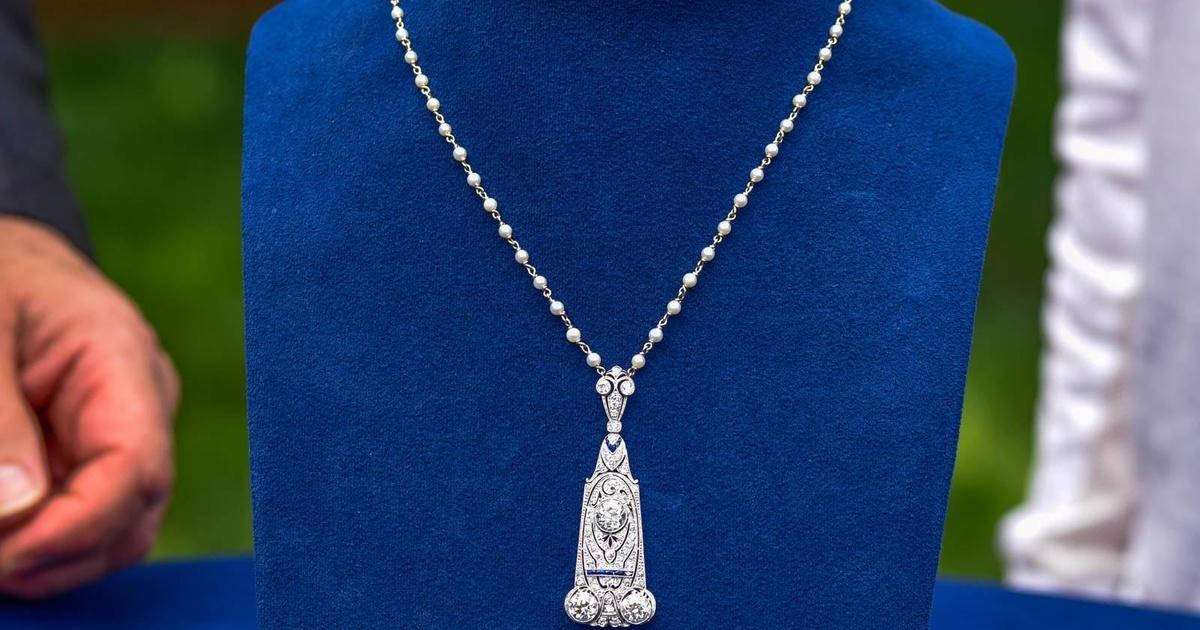
- Select a language for the TTS:
- UK English Female
- UK English Male
- US English Female
- US English Male
- Australian Female
- Australian Male
- Language selected: (auto detect) - EN
Play all audios:
Dr. Sandra Zinkel, a VA Tennessee Valley Healthcare System staff hematologist, was honored with the Clinician Scientist Investigator (CSI) Award to continue her research in blood cell
development and myelodysplastic syndrome (MDS). MDS is a bone marrow failure disorder that creates immature, defective cells that lead to adverse health problems, driven by mutations in
hematopoiesis, the blood cell production process in bone marrow. Zinkel’s research examines what causes the mutated cells, or “clones,” to grow better than normal cells and eventually
destroy them. “We know that as people age, they get mutations. And a lot of normal people have the same mutations that cause MDS,” Zinkel said. “And the big question is, why do some people
get sick, and others do not? What are the things that push you over the edge?” With MDS, individuals might experience adverse health problems and develop other blood related diseases. With
these issues in mind, individuals who suffer with MDS need treatment early in disease progression. “What I'm focusing on, what we realized with MDS is, as the disease progresses, it
becomes very difficult, if not impossible, to treat. So, we really need to look at targets earlier in the disease,” Zinkel said. In collaboration with Dr. Julia Bohannon’s lab at Vanderbilt
University Medical Center (VUMC), Zinkel has used a model of innate immune training to discover a connection between inflammation and clone expansion. Additional stimulation to the immune
system, with an infection following, can cause MDS to progress. The CSI Award is a Merit award extension of up to two additional years, presented by VA Office of Research and Development.
This is the second extension Zinkel, associate professor of medicine in the division of hematology and oncology at VUMC, has received for this specific study. “This award gives me an extra
two years of funding, which is a phenomenal thing because it gives me more freedom to spend my time really focusing and pushing my research forward, rather than worrying about how to get
the next grant renewed,” Zinkel said. With this award, Zinkel hopes to understand how MDS develops and target the disease to intervene early, leading to something potentially actionable to
improve the damaging effects on hematopoiesis and other infections. “Even if we do not get a cure for this disease, if we have something to improve the blood counts for a longer time,
that will improve their life a lot,” Zinkel said. The CSI Award aims to recognize and retain outstanding clinician scientists engaged in VA research while they continue to provide
high-quality and timely clinical care to Veterans. The award provides outstanding clinician-scientists longer terms, flexible support to maintain their laboratory infrastructure, retain key
scientific staff, and explore transformative advances in their fields. Zinkel earned a Ph.D. in biochemistry from Yale. However, she chose to pursue patient care by attending medical
school. Zinkel came to VUMC after completing her residency and has worked at VA since 2013. In addition to her research, Zinkel also plays a role in training the next generation of
hematologists through her work with fellows in the hematology clinic. Through clinical work, Zinkel values the opportunity to interact with Veterans and learn from their experiences.







